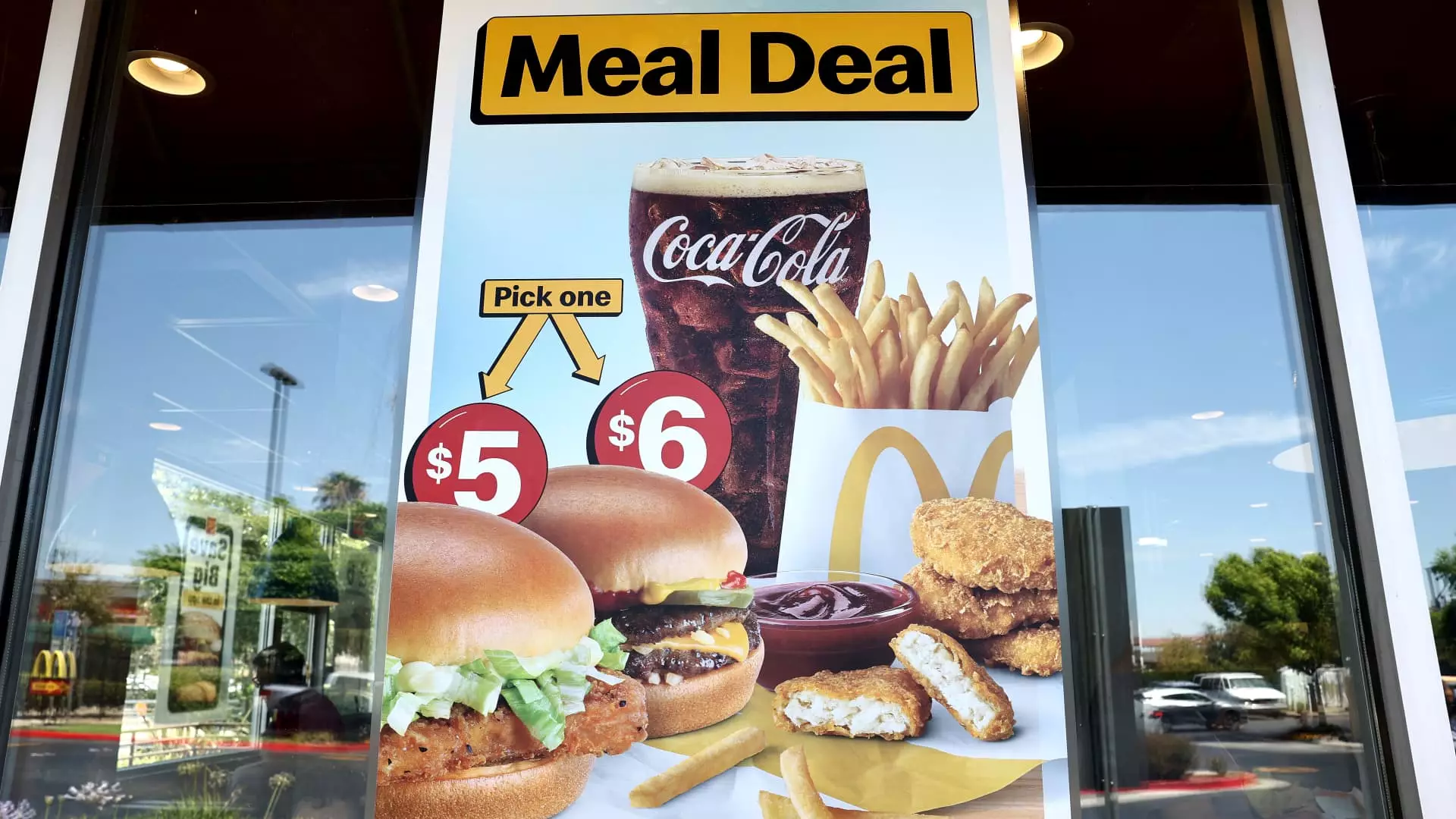Fast-food chains have been facing a tough time recently as consumers are cutting back on their spending and opting for more cost-effective options. With a decline in foot traffic and sluggish sales, many popular chains like McDonald’s, Taco Bell, Burger King, and Wendy’s have turned to $5 meal deals in hopes of attracting more customers and improving their financial performance.
The $5 footlong deal by Subway marked the beginning of the end of the iconic promotion, as it eventually led to eroded profits, angry operators, and closures. Despite its initial popularity with customers, the deal overstayed its welcome and complicated matters for the brand. This cautionary tale serves as a warning to other chains looking to implement similar strategies.
Franchisee Pushback
Franchisees have increasingly resisted parent companies’ deal strategies in recent years, as they argue that deep discounts hurt their bottom line. With more power at their disposal, franchisees have banded together to challenge unpopular discounts and renovation plans. The clash between franchisees and management highlights the challenges faced by fast-food chains in implementing value meals.
The Impact on Investors
Investors are wary of the current promotions by fast-food chains, as they fear that the $5 meal deals may not deliver the expected increase in foot traffic and sales. With shares of major chains like McDonald’s, Burger King, and Wendy’s tumbling, investors are skeptical about the effectiveness of these value meals in driving long-term profitability. The pressure to deliver results is mounting on these chains as they gear up to report their second-quarter earnings.
The Quest for Customer Loyalty
While $5 meal deals may attract bargain-hunters to fast-food chains, the challenge lies in converting these deal-seekers into higher-spending customers. Without upselling additional items or add-ons, the discounts may end up hurting profits in the long run. The risk of devaluing the brand and engaging in a race to the bottom is a significant concern for investors and industry experts alike.
As the battle for the less affluent customer intensifies, fast-food chains are under pressure to innovate and adapt to changing consumer behaviors. With increased competition from casual-dining chains, fast-food brands need to find a delicate balance between offering value meals and maintaining profitability. The success of $5 meal deals will ultimately depend on their ability to drive foot traffic, increase sales, and build customer loyalty in a highly competitive market.
The revival of $5 meal deals by fast-food chains reflects a desperate attempt to reignite consumer interest and boost sales. However, the long-term sustainability of these promotions remains uncertain, as they risk devaluing the brand and eroding profits. As investors, franchisees, and consumers watch closely, the fate of fast-food chains hangs in the balance, waiting to see if $5 deals will save the day or lead to further challenges in an already turbulent industry.

